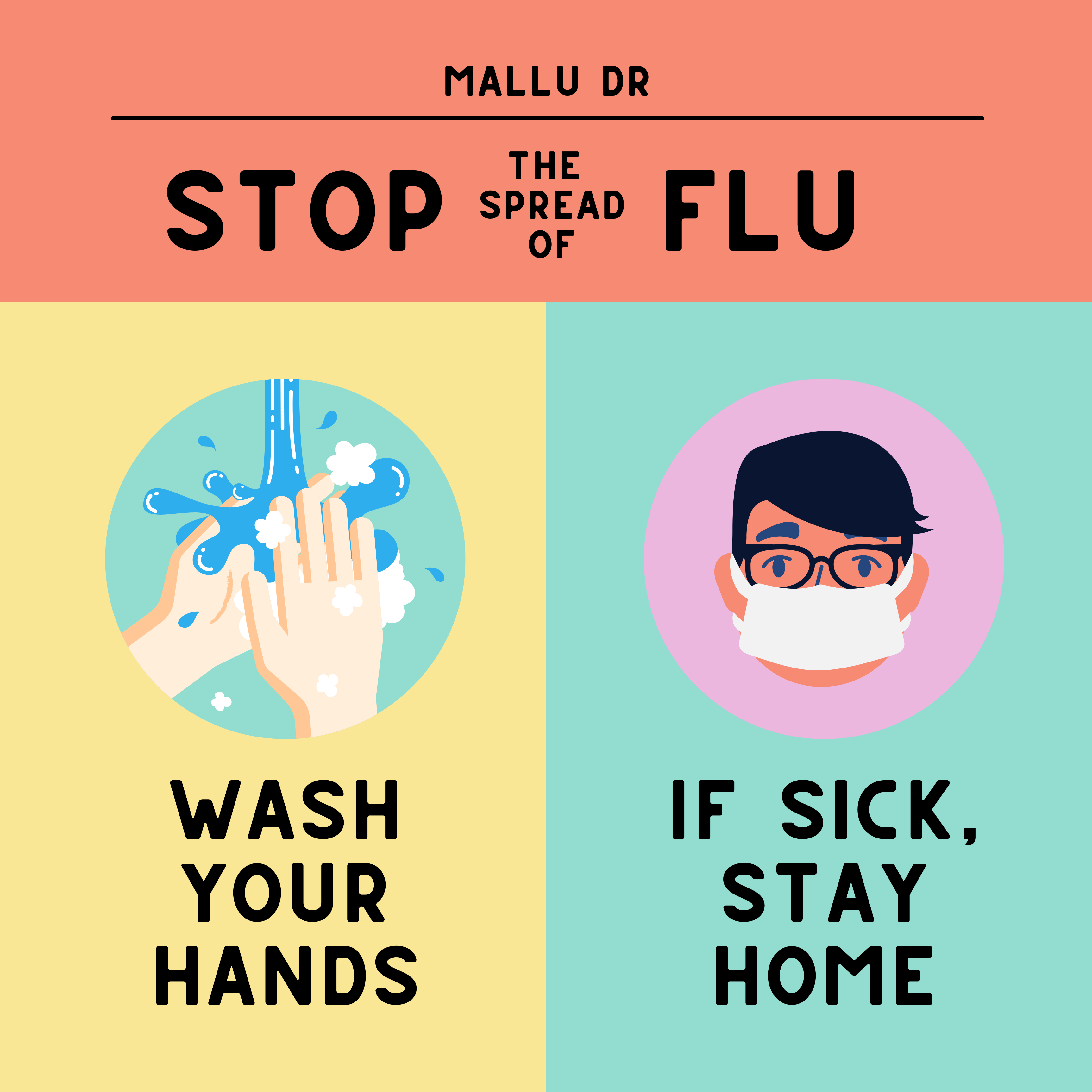
Introduction:
As the flu season approaches, the well-being of our children becomes a top priority. Influenza can be particularly harsh on young ones, and as a responsible parent, guardian, or caregiver, it’s crucial to be well-prepared. To guide you through this flu season, we’ve enlisted the expertise of a seasoned flu season expert who shares valuable tips to keep our children safe and healthy.
Understanding the Importance of Flu Vaccination:
The cornerstone of flu protection is vaccination. Our expert emphasizes the significance of getting your child vaccinated against the flu. Flu vaccines are designed to prevent the most common strains of the virus, providing a crucial shield during the flu season. Consult with your pediatrician to ensure your child’s vaccinations are up-to-date and suitable for their age.
Promoting Good Hygiene Habits:
Teaching children good hygiene practices is essential in preventing the spread of influenza. Our expert recommends regular handwashing with soap and water, especially after coughing or sneezing. If soap and water are not available, an alcohol-based hand sanitizer can be a convenient alternative. Encourage children to avoid touching their face, especially their eyes, nose, and mouth.
Maintaining a Healthy Diet and Lifestyle:
A well-balanced diet contributes to a robust immune system, making it an integral part of flu prevention. Our expert suggests incorporating immune-boosting foods such as fruits, vegetables, and whole grains into your child’s diet. Ensure they get adequate sleep, as a well-rested body is better equipped to fend off infections. Regular physical activity also plays a role in supporting overall health.
Creating a Clean and Healthy Environment:
Our expert emphasizes the importance of maintaining a clean living space. Regularly disinfect commonly-touched surfaces, such as doorknobs, light switches, and toys. Teach your children the importance of covering their mouth and nose when coughing or sneezing, using a tissue or the inside of their elbow to prevent the spread of germs.
Recognizing Early Signs of the Flu:
Being vigilant for early signs of the flu is crucial for timely intervention. Our expert advises parents to be aware of symptoms such as fever, cough, sore throat, body aches, and fatigue. If your child exhibits these symptoms, consult with their healthcare provider promptly for proper diagnosis and guidance on the best course of action.
Conclusion:
As we navigate through another flu season, the well-being of our children remains paramount. By following the expert tips outlined above, you can create a protective shield around your little ones, minimizing their risk of contracting the influenza virus. Remember, a proactive approach to flu prevention is key in ensuring a healthy and happy flu season for your family.
Frequently Asked Questions (FAQ) about Influenza Prevention for Children
- Why is it important to vaccinate my child against the flu?
- Vaccination is a crucial step in protecting your child from the influenza virus, reducing the severity of illness and the risk of complications.
- At what age can my child receive a flu vaccine?
- Flu vaccines are recommended for children six months and older. Consult with your pediatrician to determine the appropriate vaccine for your child’s age.
- How often should my child receive a flu vaccine?
- Annual vaccination is recommended as the flu virus strains may change each year. Ensuring your child receives the vaccine annually provides optimal protection.
- What are the common symptoms of the flu in children?
- Symptoms may include fever, cough, sore throat, body aches, fatigue, and sometimes vomiting or diarrhea. Recognizing these signs early allows for prompt medical attention.
- Can good hygiene practices really prevent the flu in children?
- Yes, practicing good hygiene, such as regular handwashing, can significantly reduce the spread of the flu virus among children.
- Are there any side effects of the flu vaccine for children?
- Side effects are generally mild and may include soreness at the injection site or a low-grade fever. Serious side effects are rare, and the benefits of vaccination far outweigh the risks.
- How can I boost my child’s immune system during flu season?
- Encourage a well-balanced diet rich in fruits, vegetables, and whole grains. Ensure your child gets enough sleep and engages in regular physical activity.
- What should I do if my child shows symptoms of the flu?
- Contact your child’s healthcare provider promptly. They can provide guidance on managing symptoms and, if necessary, prescribe antiviral medications.
- Is it safe for my child to attend school or daycare during flu season?
- While it’s generally safe, it’s crucial to reinforce good hygiene practices and monitor for symptoms. Keep your child home if they are sick to prevent the spread of the virus.
- Can the flu vaccine give my child the flu?
- No, the flu vaccine cannot cause the flu. It contains either inactivated viruses or proteins that stimulate an immune response without causing illness.
Remember to consult with your child’s healthcare provider for personalized advice and to stay informed about the latest recommendations for influenza prevention in children.
